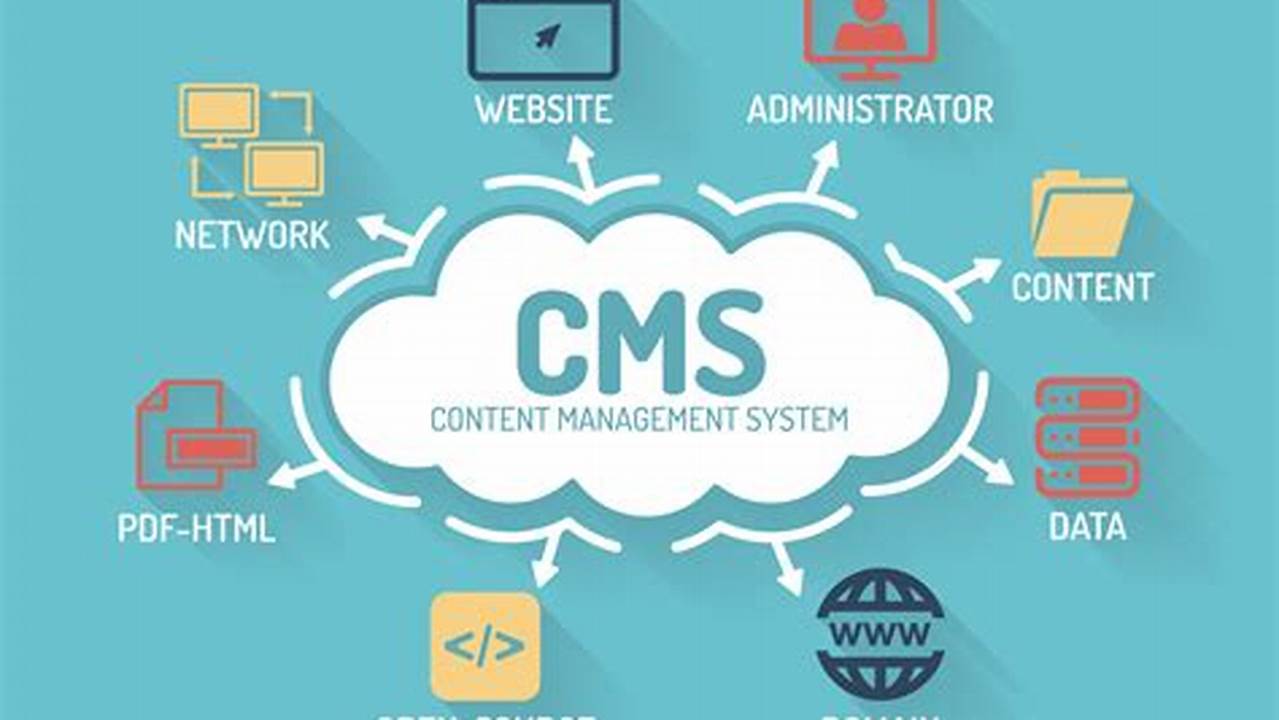A robust Content Management System (CMS) is fundamental for website growth. Selecting a CMS with the right features can significantly impact a site’s ability to scale, adapt to changing needs, and ultimately achieve its objectives. Choosing wisely means empowering content creators, streamlining workflows, and optimizing the user experience.
Scalability
The platform should handle increasing content, traffic, and functionality without performance degradation.
User-Friendliness
An intuitive interface simplifies content creation and management, even for non-technical users.
SEO Optimization
Built-in SEO tools and features enhance search engine visibility and drive organic traffic.
Mobile Responsiveness
Content should display seamlessly across various devices, ensuring a positive user experience.
Security
Robust security measures protect against vulnerabilities and safeguard sensitive data.
Extensibility
Plugins, extensions, and APIs allow for customization and integration with other services.
Performance
Fast loading speeds are crucial for user satisfaction and search engine rankings.
Multilingual Support
Reaching a global audience requires the ability to publish content in multiple languages.
E-commerce Integration
Seamless integration with e-commerce platforms facilitates online sales and transactions.
Community and Support
Access to a supportive community and comprehensive documentation is invaluable for troubleshooting and learning.
Tips for Choosing the Right CMS
Analyze your needs: Identify specific requirements based on website goals and content strategy.
Consider future growth: Select a CMS that can accommodate future expansion and evolving needs.
Test different platforms: Explore demos and trials to evaluate usability and features firsthand.
Seek expert advice: Consult with web developers to gain insights and recommendations.
Frequently Asked Questions
What are the key considerations when choosing a CMS?
Key considerations include scalability, user-friendliness, SEO capabilities, security, and extensibility.
How does a CMS impact website growth?
A well-chosen CMS empowers content creation, improves SEO, enhances user experience, and facilitates scalability.
What are the benefits of using a popular CMS?
Popular CMS platforms often have large communities, extensive documentation, and readily available support resources.
Is it necessary to hire a developer to manage a CMS?
While some CMS platforms are user-friendly, complex customizations or integrations may require developer assistance.
How often should a CMS be updated?
Regular updates are essential for security, performance, and access to new features.
What is the difference between a traditional CMS and a headless CMS?
A traditional CMS couples the backend and frontend, while a headless CMS focuses solely on content management, delivering content via APIs to various platforms.
Selecting the appropriate CMS is a strategic decision that significantly influences a website’s trajectory. A thorough evaluation of features, combined with a clear understanding of current and future needs, ensures a platform that empowers growth and success.



